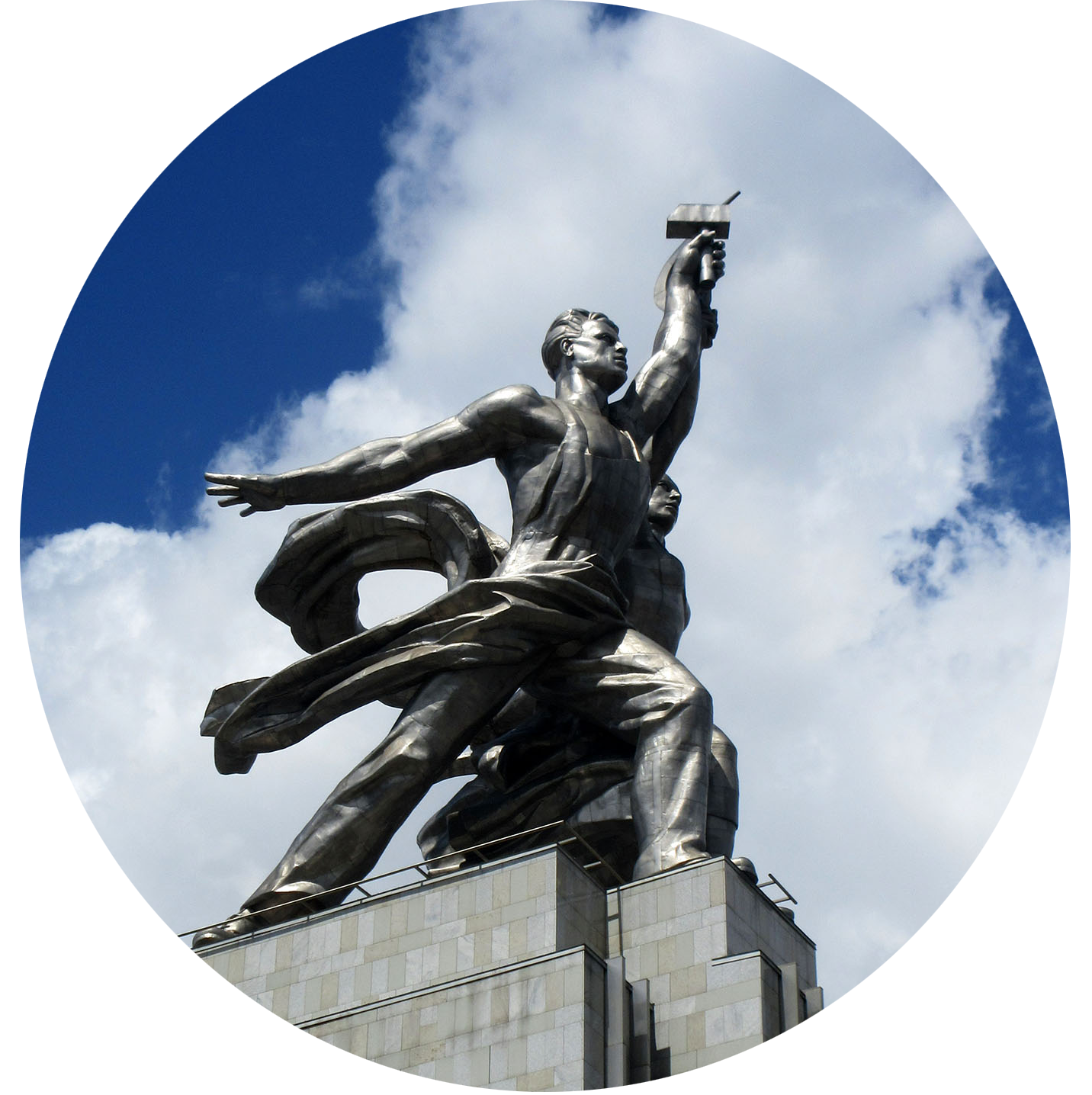Khodasevich: A Ballad
This grotesquely humorous poem by the émigré poet Vladislav Khodasevich pits a hyper-refined, self-absorbed aesthete against a movie-going Philistine (or so he assumes). The speaker, a poet, has a full-blown existential breakdown the moment he sees something — someone — who offends his aesthetic sensibilities. This is a man for whom every stroll down the street is sheer martyrdom.
The man is missing an arm — lost, one can only assume during WWI (people with missing limbs were common sights throughout post-war Europe). Of course, this obvious physical disfigurement is juxtaposed with the speaker’s own monstrous disdain and condescension, for which he rather theatrically accepts hellfire as a just punishment. He first condescends to the “simple” man, then inflates the latter’s virtue and innocence to absurd proportions — and then, in the final reversal, realizes that the man lacks even basic manners when he fails to doff his hat (although the man could also be forgiven for escaping this bizarre encounter as unceremoniously as possible!).
My translation preserves the meter and rhyme scheme of the original, and thus deviates more than usual from its literal meaning.
A Ballad
I can no longer live my life,
I feel the urge to lose my mind,
At seeing, with his pregnant wife,
A stub-arm at the cinema.
By angels is my lyre endowed,
And to my eyes the world is glass;
Meanwhile his jaw will hit the ground
Before Charlot’s shenanigans.
Why drags he out his senseless span
Despite these terms so disparate?
Why lives this mild, submissive man,
His shirt-sleeve drooping desolate?
I feel the urge to lose my mind,
When, with his pregnant wife in tow,
The stub-arm leaves the cinema,
Delighted by the picture-show.
It’s then I fetch my leather scourge,
And, with a shriek of fury, my
Vicinity of angels purge—
And angels, dodging power lines,
Soar up into the urban heights,
Just as, on that Venetian street,
Some skittish pigeons took to flight
When fleeing my beloved’s feet.
I doff my hat respectfully,
As I approach the armless freak;
I innocently stroke his sleeve
And thusly I begin to speak:
“Pardon, monsieur, but, when I burn
In hell — when, for my life of vice,
I find a punishment well-earned,
While with your spouse in paradise
You flit about in calm delight,
Survey the vale of life, in flight,
And wondrous hymns of praise recite,
And dazzle with your wings of white...
Could you, from that celestial hall,
Thy winglet of some down divest?
And let it like a snowflake fall,
And fizzle on my burning breast?”
The armless man before me stands,
And, smiling slightly at this rant,
He walks away, his wife in hand,
Not having doffed his bowler hat.
trans. M. Pettus
Баллада
Мне невозможно быть собой,
Мне хочется сойти с ума,
Когда с беременной женой
Идет безрукий в синема.
Мне лиру ангел подает,
Мне мир прозрачен, как стекло, —
А он сейчас разинет рот
Пред идиотствами Шарло.
За что свой незаметный век
Влачит в неравенстве таком
Беззлобный, смирный человек
С опустошенным рукавом?
Мне хочется сойти с ума,
Когда с беременной женой
Безрукий прочь из синема
Идет по улице домой.
Ремянный бич я достаю
С протяжным окриком тогда
И ангелов наотмашь бью,
И ангелы сквозь провода
Взлетают в городскую высь.
Так с венетийских площадей
Пугливо голуби неслись
От ног возлюбленной моей.
Тогда, прилично шляпу сняв,
К безрукому я подхожу,
Тихонько трогаю рукав
И речь такую завожу:
«Pardon, monsieur, когда в аду
За жизнь надменную мою
Я казнь достойную найду,
А вы с супругою в раю
Спокойно будете витать,
Юдоль земную созерцать,
Напевы дивные внимать,
Крылами белыми сиять, —
Тогда с прохладнейших высот
Мне сбросьте перышко одно:
Пускай снежинкой упадет
На грудь спаленную оно».
Стоит безрукий предо мной
И улыбается слегка,
И удаляется с женой,
Не приподнявши котелка.
1925

